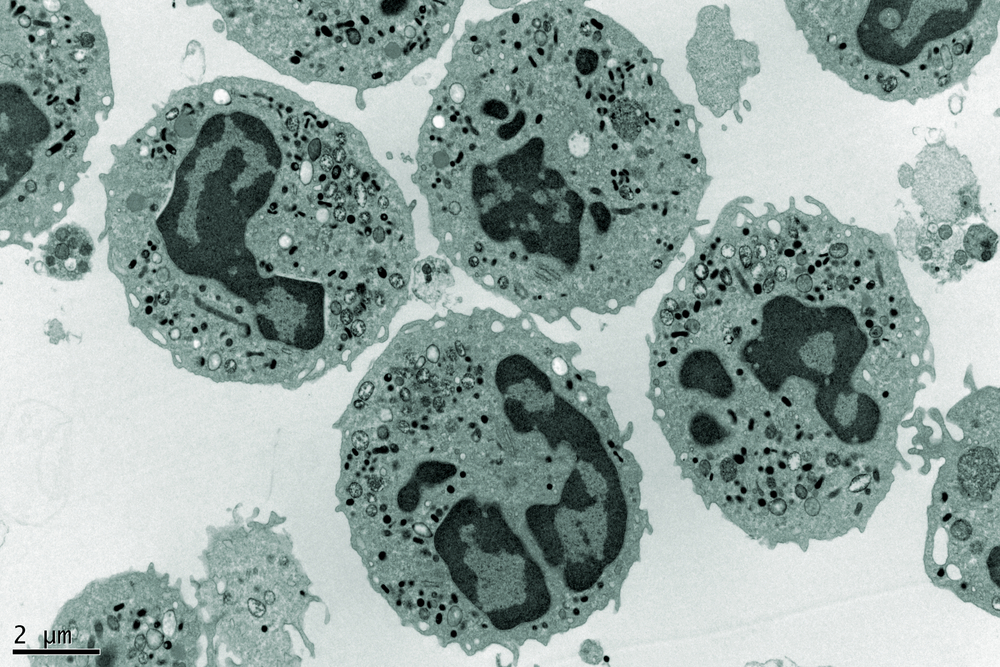MedDay Provides Update on Pipeline Progress for Primary & Secondary Progressive Multiple Sclerosis Drug
Written by |

 MedDay, a biotechnology company that develops new drugs for nervous system disorders, announced an update on the progress of its development pipeline with its lead product MD1003 for the treatment of primary and secondary progressive multiple sclerosis (MS). The first study is expected to be complete in early 2015, while the second should be complete in late 2015.
MedDay, a biotechnology company that develops new drugs for nervous system disorders, announced an update on the progress of its development pipeline with its lead product MD1003 for the treatment of primary and secondary progressive multiple sclerosis (MS). The first study is expected to be complete in early 2015, while the second should be complete in late 2015.
The company aims to develop drugs for neurological and psychiatric diseases through brain metabolism and is currently developing a compound to target progressive MS, the ultra-orphan condition adrenoleukodystrophy (AMN), Alzheimer’s disease, and autism.
MedDay’s MD1003 for MS, which have been approved for patent protection in the US and Europe, is a highly concentrated formulation of D biotin (vitamin H), a key co-factor for enzymes involved in energy production and synthesis of myelin. The company announced that trials for drug use for the treatment of primary and secondary progressive multiple sclerosis, continue to progress well.
A pilot open label study that enrolled 23 patients with primary and primary and secondary progressive MS confirmed the efficacy of MD1003. The trial is expected to enroll the last patient this month, and results should be presented on 18 April 2015 during the American Academy of Neurology annual meeting. Furthermore, the company has two-phase 2b/3, placebo-controlled pivotal studies in progress at 21 MS centers in France and in the UK where 250 patients are enrolled.
[adrotate group=”4″]
MedDay’s second trial in MS patients with permanent visual loss after optic neuritis, called “MS-ON’, is expected to retrieve results during the second semester of 2015.
In a recent press release, Frédéric Sedel, Chief Executive Officer of MedDay said, “MedDay is making rapid progress in demonstrating the clinical viability of its unique approach to the development of treatments that target the nervous system’s metabolism. This approach and our expertise come from the study of rare inborn metabolic errors. We anticipate the completion of our first pivotal trial in primary and progressive MS, an area in which currently available MS treatments have little or no effect, later this month and we are on track to complete a second study this year.”
Moreover, in order to develop additional pipeline assests, the company developed a research platform called SPECMET in collaboration with Assistance Publique Hôpitaux de Paris (APHP) and the Commissariat à l’Energie Atomique et aux Energies Alternatives (CEA). SPECMET aims to identify new treatment targets through cerebrospinal fluid metabolomics analyses.
“Our metabolomics platform, SPECMET, continues to identify specific metabolic signatures in major central nervous system disorders, providing numerous opportunities for further pipeline developments. By focusing on compounds that already have known activity in neurological metabolic pathways, we believe we can quickly demonstrate clinical proof of concept.”, Sedel said in the press release.





